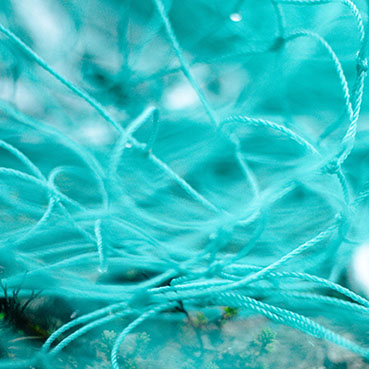The Cultural Rucksack - Quality education or culture arrogance?
DOI:
https://doi.org/10.7577/formakademisk.714Keywords:
Den kulturelle skulesekken, Kunst og handverk i grunnskulen, profesjonsgrenser, jurisdiksjon, fagdidaktikk, kulturmøterAbstract
In the programme Visual Arts in Den kulturelle skulesekken (DKS) (The Cultural Rucksack), the aim at the launch was an equitable collaboration between the education and cultural sectors. Ten years down the road, there remains a disagreement regarding the aims and content in relation to collaborative school projects. Two different professions with differing ideologies and subject views are expected to share the same work. The framework and work division becomes unclear and this in turn gives rise to professional dilemmas, both regarding the value and knowledge base for the programme but also regarding who carries the responsibility for the subject Art and Crafts in the regular school hours. To reconcile the charismatic values of the art world with the democratic principles of education can seem a daunting task. The mythical art and the concrete learning outcomes in schools can seem irreconcilable in an inter-professional quality discussion that activates ideologies. The media and document analysis presented here seem to suggest that the media represents DKS practice in a way that buries relevant questions surrounding the programme, rather than that creates a climate for discussions throughout the collaboration.

Downloads
Published
How to Cite
Issue
Section
License
Authors who publish with this journal agree to the following terms:
- Authors retain copyright and grant the journal right of first publication with the work simultaneously licensed under a Creative Commons Attribution 4.0 License that allows others to share the work with an acknowledgement of the work's authorship and initial publication in this journal.
- Authors are able to enter into separate, additional contractual arrangements for the non-exclusive distribution of the journal's published version of the work (e.g., post it to an institutional repository or publish it in a book), with an acknowledgement of its initial publication in this journal.
- Authors are permitted and encouraged to post their work online (e.g., in institutional repositories or on their website) prior to and during the submission process, as it can lead to productive exchanges, as well as earlier and greater citation of published work (See The Effect of Open Access).
- The author(s) must manage their economic reproduction rights to any third party.
- The journal makes no financial or other compensation for submissions, unless a separate agreement regarding this matter has been made with the author(s).
- The journal is obliged to archive the manuscript (including metadata) in its originally published digital form for at least a suitable amount of time in which the manuscript can be accessed via a long-term archive for digital material, such as in the Norwegian universities’ institutional archives within the framework of the NORA partnership.
The material will be published OpenAccess with a Creative Commons 4.0 License which allows anyone to read, share and adapt the content, even commercially under the licence terms:
This work needs to be appropriately attributed/credited, a link must be provided to the CC-BY 4.0 licence, and changes made need to be indicated in a reasonable manner, but not in any way that suggests that the licensor endorses you or your use.



